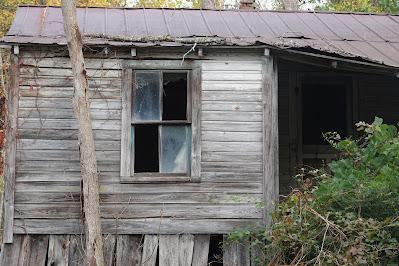
I recently re-read a beloved book from my childhood--The Middle Button by Kathryn Worth. It's the story of young Maggie McArn, middle child of a brood of eleven, growing up in the post-Civil War South. The daughter of a well-to-do Presbyterian minister/plantation owner, she has the outlandish dream of becoming a doctor.
It's a terrific feminist story(well, feminist for 1948 which is when it was published) as this strong-willed girl battles her family's traditional mindset--marriage or school-teaching the only acceptable paths for a female, not to mention riding side-saddle-- and the descriptions of everyday life are beautifully vivid. I had looked forward to sharing it with Josie someday.But . . . as I read I realized that the parts of the book dealing with the tenant farmers--formerly enslaved on this same plantation--and the language used, even an occasional N-word, pretty much ruined the book as something to share with a child. Yes, that was the way people talked back then, even 'nice' people. And while the depictions of the tenants were probably accurate, the question arises--why were they ignorant? I know now what I didn't know when I read the book as a child--that in much of the South during slavery it was illegal to teach enslaved people to read--and when the war was over, education was still all but impossible for them to attain. As I think of it, many of my childhood favorites are undoubtedly equally problematic. No, they didn't turn me into a right-wing hater of the Other or an apologist for White Supremacy. But now I realize just why it was that it took me so long (till college and the Civil Rights Movement) to see and feel the injustice of the segregated society I grew up in, to wonder why my grandmother's maid addressed my six-year-old brother as Mr. Frank, why there were different drinking fountains for Black and White, why we stood for "Dixie" at high school football games, why, why, why . . . This sweet book, like many of my childhood favorites (Uncle Remus, Tom Sawyer, Miss Minerva and William Green Hill) is what I'd call 'soft racism.' And it's insidious in that it normalizes injustice rather than calling it out. And I grew up, feeding on these stories, absorbing this world view. Unconscious or sleeping racism . . .A recent piece on McSweeney's online magazine confronted (humorously) similar problems in The Little House on the Prairie (Link HERE.)When I was a child, I spake as a child, I understood as a child, I thought as a child; but when I became a man, I put away childish things.For now we see through a glass, darkly; but then face to face: now I know in part; but then shall I know even as also I am known.1 Corinthians 11 and 12.
(I shan't even try to address the inherent sexism in this well known and generally apposite quote.)

